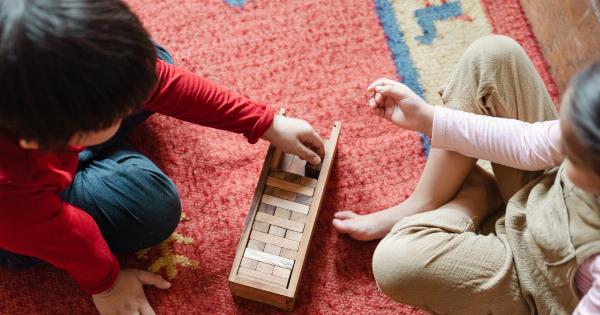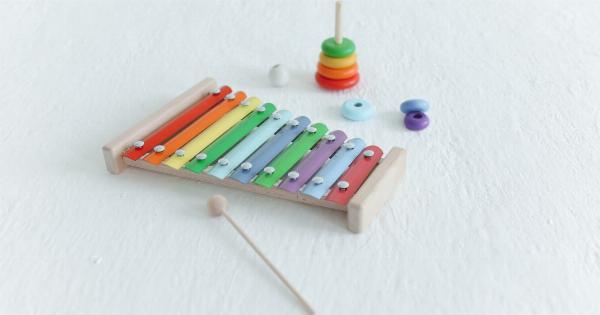Self-esteem is an essential aspect of a child’s psychological well-being. It refers to how a child perceives and values themselves. The words we use when interacting with our children can significantly impact their self-esteem.
Positive and encouraging words can foster confidence and a healthy self-image, while negative or demeaning words can diminish their self-worth. This article explores the words that can affect your child’s self-esteem and offers suggestions on how to promote a positive self-image.
The Power of Language
Language is a powerful tool that shapes our thoughts, beliefs, and actions. The way we communicate with our children can have a lasting impact on their self-esteem.
As parents or caregivers, it is crucial to choose our words carefully and be mindful of the messages we convey. Here are some words to avoid:.
1. Criticism
Constantly criticizing your child’s actions or appearance can severely impact their self-esteem. Instead of focusing on their shortcomings, try emphasizing their strengths and offering constructive feedback.
Encourage them to learn from their mistakes rather than criticizing them for making errors.
2. Comparisons
Comparing your child to others can make them feel inadequate and lower their self-esteem. Each child is unique and has their own set of strengths and weaknesses.
Instead of comparing, celebrate their individuality and focus on their personal growth and achievements.
3. Negative Labels
Avoid using negative labels or derogatory language when addressing your child. Words like “lazy,” “stupid,” or “clumsy” can deeply hurt their self-esteem.
Instead, use positive and encouraging words to foster a sense of self-worth and resilience.
4. Conditional Approval
Providing conditional approval based on your child’s achievements or performance can negatively impact their self-esteem.
Avoid phrases like “I’ll love you more if…” or “You’ll be successful only if…” Instead, emphasize unconditional love and support regardless of their accomplishments.
5. Ridicule
Mocking or ridiculing your child, even in a playful manner, can be detrimental to their self-esteem. It is important to create a safe and supportive environment where they feel respected and valued.
Encourage open communication and address conflicts without resorting to ridicule.
6. Generalizations
Avoid making generalized statements about your child’s character or abilities. Phrases like “You always mess up” or “You never listen” can deeply impact their self-esteem.
Instead, address specific situations and behaviors, focusing on solutions and growth opportunities.
7. Dismissive Language
Using dismissive language can undermine your child’s self-esteem and discourage them from expressing their thoughts and emotions.
Phrases like “It’s not a big deal” or “You’re overreacting” can invalidate their experiences. Practice active listening and validate their emotions to build trust and self-assurance.
8. Unrealistic Expectations
Setting unrealistic expectations can put immense pressure on your child and damage their self-esteem. Each child develops at their own pace, and it is important to recognize and appreciate their individual progress.
Encourage them to strive for personal growth, rather than pushing them to meet unattainable standards.
9. Body-Shaming
Avoid making negative comments about your child’s body or appearance. Body-shaming can lead to body image issues and significantly impact their self-esteem.
Encourage a healthy body image by promoting self-acceptance, self-care, and a balanced approach to nutrition and exercise.
10. Disapproval of Emotions
Discouraging or dismissing your child’s emotions can hinder their emotional development and self-esteem. Allow them to express their feelings openly and provide guidance on healthy ways to cope with different emotions.
Validate their emotions and help them build emotional resilience.
Conclusion
Your words have the power to shape your child’s self-esteem. By being mindful of the language we use, we can foster a positive and nurturing environment that promotes healthy self-esteem.
Encourage their strengths, provide constructive feedback, and promote unconditional love and acceptance. Together, let’s empower our children to develop a strong sense of self-worth and confidence.





























